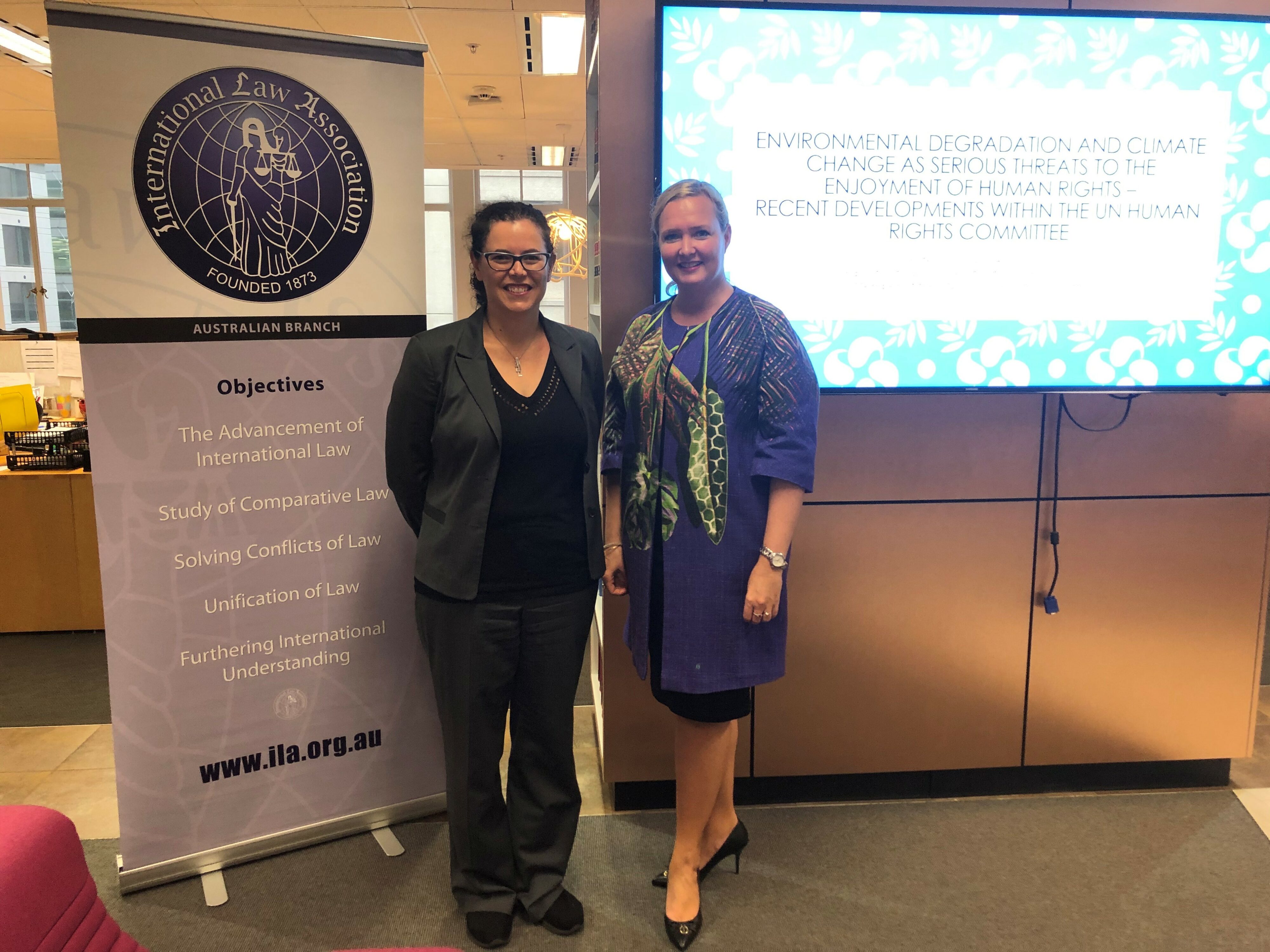This is a reminder to readers of the ILA Reporter that the deadline for abstracts for papers and posters for the International Law Association’s 79th Biennual Conference to be held in Kyoto, Japan from 23 August 2020 to 27 August 2020 is 20 February 2020.
The theme of the Conference is ‘Bridging for the Future’. Papers may be submitted on any area of public or private international law, preferably on a topic related to the main theme. The Conference seeks to bridge the past, present and future, and connect the East, West, North and South, with a view to enhancing mutual understanding on diverse values, cultures and religions, and fostering new ideas to tackle global issues such as humanitarian crisis, economic polarisation and environmental challenges.
The Conference will also hold a poster session which provides early career scholars, including PhD students and post-doctoral researchers, with an opportunity to present their research activities as a poster at the Conference. There will then be opportunities during the Conference for poster-presenters to explain their research and participate in discussions with attendees. Posters may be submitted on any area of public or private international law, preferably on a topic related to the main theme.
The program will be finalised later this year but at present, includes panels on inter-State litigation and international trade law; the law of the sea; new and emerging areas like space law, the international law of the Arctic and the law of cyberspace; and a special panel on Asian Judges at the World Court in honour of Judge Mineitciro Adatci.
For more details, contact the Conference organisers at [email protected] or visit the Conference website at http://ila2020kyoto.org/panelposter.html.


